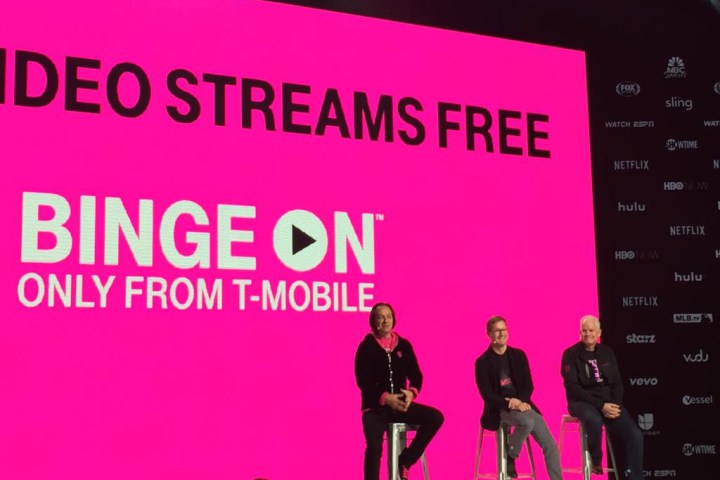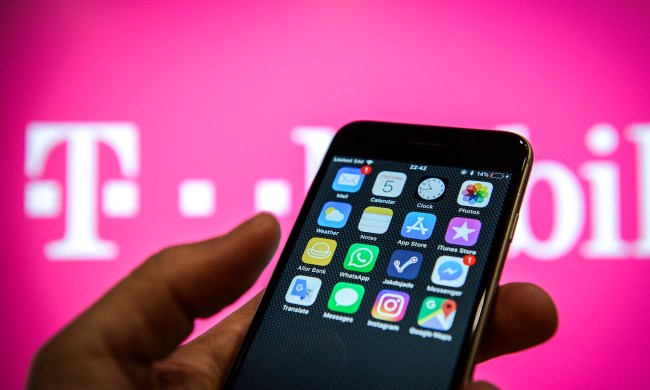
Delivered in a six-foot tall package, the letters of complaint included those from the Center for Media Justice, Fight the Future, and Free Press. These letters complained about zero-rating, a practice that has picked up steam among U.S. carriers in recent years. In essence, zero-rating is when a carrier does not charge customers for data, so long as they use certain applications and services.
For example, Binge On allows T-Mobile customers to watch videos from approved video providers without having those videos count against the monthly data limit. Furthermore, Verizon’s FreeBee program exists as a sponsored data program that lets content owners waive the data fee for customers, so long as customers access their apps or certain content. Not to be left out, AT&T is also experimenting with a similar sponsored-data program of its own.
Even though such services provide rather alluring benefits, critics believe zero-rated data services create an unfair advantage for content providers that have the means to bear the cost of delivering their services to customers or that are able to make their content technologically compliant. For instance, even though any content provider can theoretically sign with Binge On, they must meet certain technical specifications that would allow T-Mobile to identify their content as Binge On-friendly, thus exempting them from incurring data charges.
Because of this, critics believe zero-rated data services fly in the face of net neutrality and its principles, which generally dictate that all Internet content be treated the same. “These schemes are as much a problem for the Internet as fast lanes,” said Fight for the Future co-founder Holmes Wilson. “And that’s why we’re asking the FCC to enforce the rules, because these plans clearly violate net neutrality.”
Among the critics are the Electronic Frontier Foundation and Stanford law professor Barbara van Schewick, the latter of which accused Binge On of being “likely illegal” in a study published in January. In response, T-Mobile argued that Binge On “is about customer choices — not limitations,” noting the service’s popularity among its customers.
Meanwhile, on the opposite side of the debate is Mobile Future, a consortium that includes AT&T and Verizon, and Allison Remsen, its executive director. According to Remsen, customers are better off with services that do not charge customers. “The idea that consumers would be better off if they were charged for something that mobile providers want to give them for free is preposterous,” said Remsen.
For its part, the FCC sent letters to T-Mobile, AT&T, and Comcast regarding their zero-rated data services in December. According to FCC chairman Tom Wheeler, however, zero-rating is not covered by net neutrality guidelines since such a practice is not a “one-size-fits-all situation.” Furthermore, Wheeler said Binge On does not violate net neutrality guidelines, since the service is pro-innovation and pro-competition.

